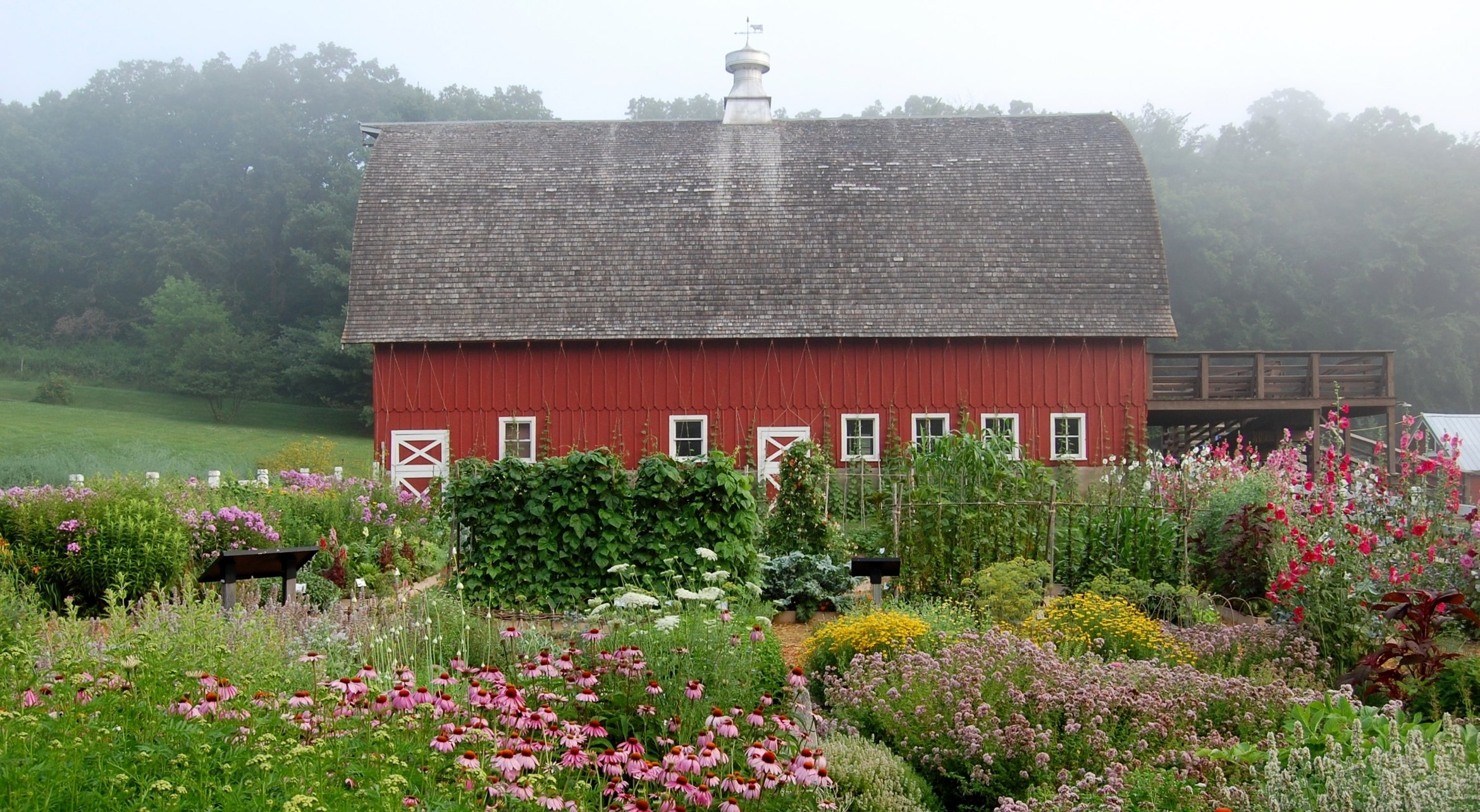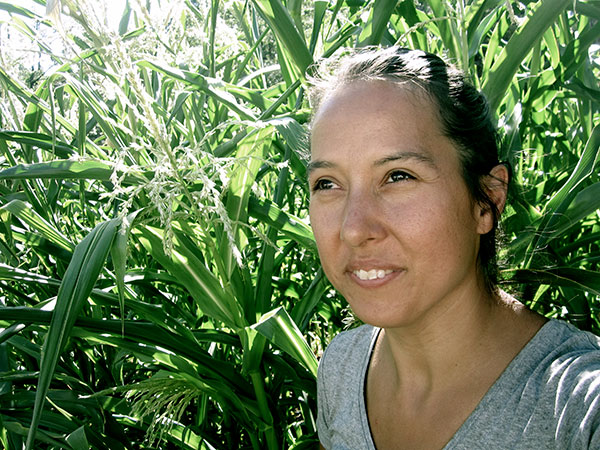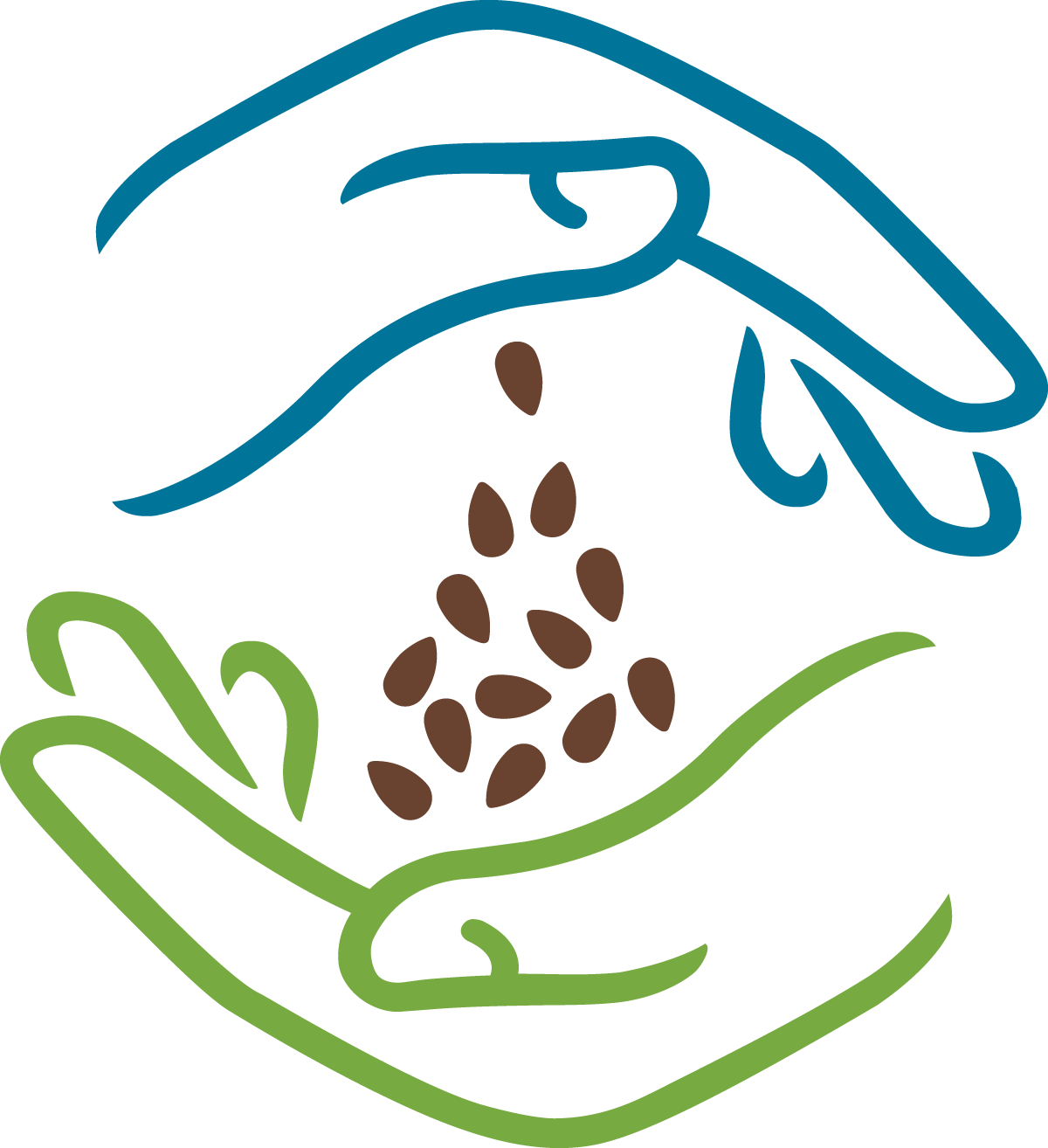The Seed Savers Exchange (SSE) Yearbook has been sent to the printer! If you’re a long-time member, the arrival of the Yearbook may be the most anticipated garden-planning event of the year. If you’re new to SSE, however, the term ‘Yearbook’ can be a bit perplexing, and may conjure up memories of unfortunate portraits and embarrassing club associations.

The annual Yearbook is one way of accessing the Seed Savers Exchange, a network of gardeners, farmers, plant breeders and chefs who contribute to the most diverse seed exchange on the planet. Heritage Farm (where our staff maintains a permanent seed collection, sells seeds commercially, hosts events and publishes the seed exchange) is one part of this network.
Each year, hundreds of SSE members put together a list of fruit, vegetable, grain, flower and herb seeds they have harvested and would like to share with others. These seeds are organized in a database that is available online (exchange.seedsavers.org) and printed out annually as our Yearbook.
Entering thousands of open-pollinated plants into a publicly accessible database each year requires hundreds of hours of staff time. From September to January, SSE staff is busy pouring through lists of tomatoes, beans, squash, peppers, potatoes, watermelons, rutabagas, apples, peaches, kiwis, sunflowers, hops, hollyhocks and zinnias (and at least 200 other plant types). When these lists are entered, we have about a week to proof 500 pages of nearly 20,000 offerings.
Since 1975, the Seed Savers Exchange has been connecting our members to one another through the annual Yearbook. All SSE members can participate in the seed exchange by requesting seeds (there are 13,000+ different varieties to choose from), offering seeds, or both.
It is never too late to offer seeds; although the 2014 Yearbook is already being printed and shipped, the Online Seed Exchange is always open to new members and new seeds.
The Seed Savers Exchange is one of the most resilient tools for preserving rare garden varieties. As a member, you have the opportunity to contribute to the seed exchange by growing your favorite fruits and vegetables, saving seeds, and sharing those seeds with others.
To browse the exchange online, learn how to save your own seeds, request rare varieties, or to offer seeds yourself, visit exchange.seedsavers.org. Membership is required to log in, but educational resources are open to everyone. If you’d like to be a part of the exchange and receive the-500 page Yearbook, join SSE today.
___________________________________________________________________
Seed Savers Exchange is a non-profit organization located in Decorah, Iowa, with a mission to conserve and promote America's culturally diverse but endangered garden and food crop heritage for future generations by collecting, growing, and sharing heirloom seeds and plants.

































